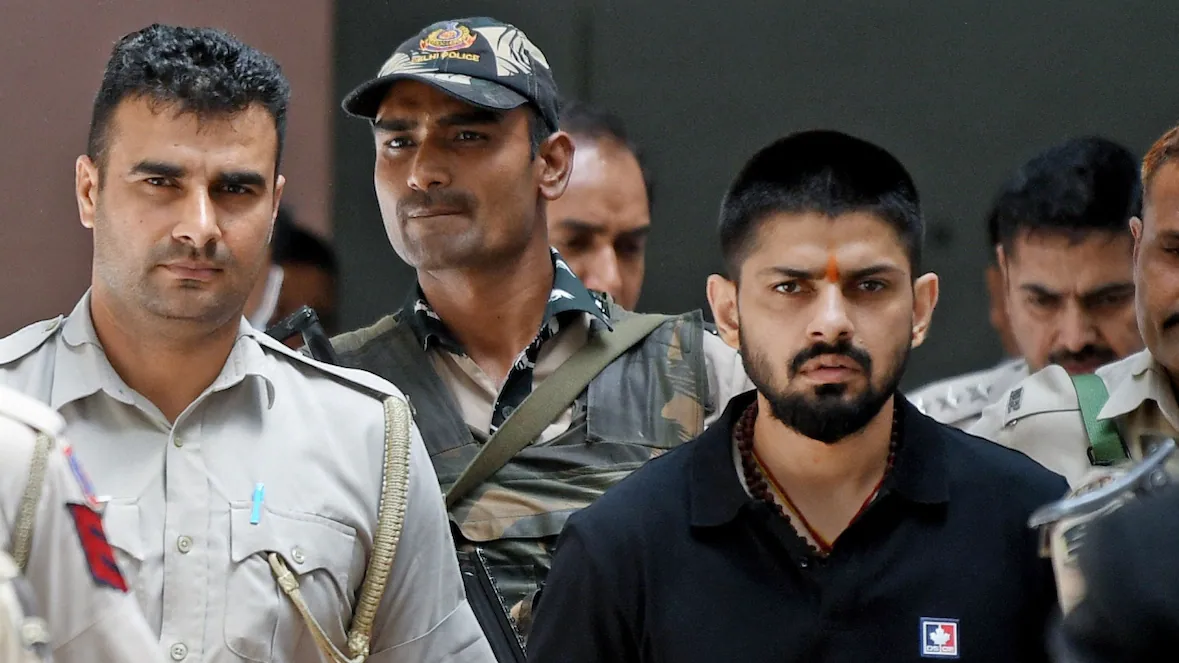Canada has formally designated the Lawrence Bishnoi gang as a “terrorist entity”, in a high-profile move announced on September 29. Public Safety Minister Gary Anandasangaree said the listing under the Criminal Code is intended to give law enforcement stronger legal tools, including powers to freeze assets, investigate financial networks and prosecute individuals associated with the gang.
The Bishnoi gang, named for its incarcerated leader Lawrence Bishnoi, is accused by Canadian authorities of transnational criminal activities that include extortion, intimidation, murder, shootings and arson. Minister Anandasangaree said the group has created a “climate of insecurity” among diaspora communities, targeting prominent community figures, businesses, and cultural leaders.
The designation follows mounting pressure from provincial premiers, municipal leaders and law enforcement in provinces like British Columbia and Alberta, who argued that the existing criminal framework was insufficient to deal with crimes linked to the gang. Additionally, opposition politicians and community groups have long called for the gang to be labelled a terrorist organisation, citing its violent pattern, overseas reach, and alleged links to political or ideological motives.
India has rejected some of the allegations, calling parts of them “strange” or “illegitimate,” particularly those that suggest collaboration between Indian government agents and the Bishnoi network. Law enforcement sources in Canada, including the RCMP, have cited credible threats to life and arrests linked to the gang’s extortion operations; these findings were among the basis for the government’s decision.
The move is expected to escalate diplomatic tensions between Canada and India, renewing scrutiny of both cross-border criminal networks and state responses. Domestically, Canadians from South Asian communities have expressed relief that authorities are using tougher measures, though some warn that enforcement will need substantial coordination among law enforcement, intelligence agencies, and diaspora stakeholders.
By designating the gang as a terrorist entity, Canada now has legal frameworks that allow prosecution of those associated with its criminal acts, seizure of property, and wider efforts to dismantle financial and recruitment arms of the network.





